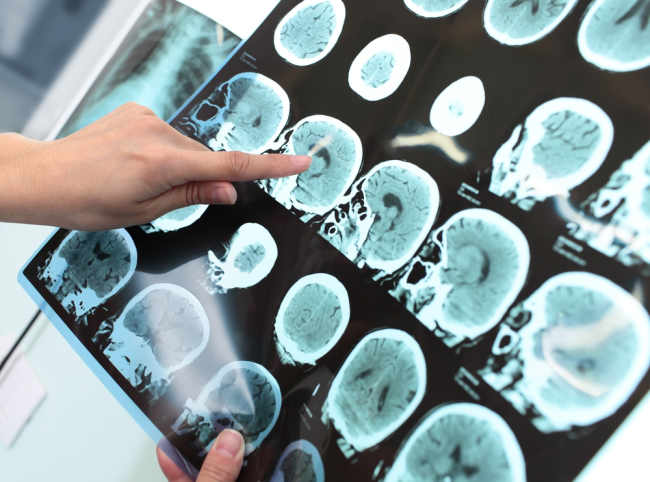Human connective tissue is like the glue that gives the body its shape. In addition, another function that connective tissue can perform is to maintain position and support the work of all organs in the body. However, these various functions can be disrupted if the connective tissue suffers from certain diseases.
Connective tissue is part of the musculoskeletal system. Connective tissue is composed of two types of protein tissue, namely collagen and elastin. Tendons (veins), ligaments, cartilage, fatty tissue, lymph tissue (lymphatics), skin, blood, and dense bone, are part of connective tissue. Given the wide range of functions and roles, connective tissue needs to be maintained in order to keep working optimally.

Various Connective Tissue Diseases
The following are some of the diseases that can affect the function of the connective tissue:
- Rheumatoid arthritisRheumatoid arthritis is a disease that can reduce the function of connective tissue. This disease is caused by the body's immune system attacking the thin membranes lining the joints. As a result, the patient will experience pain, stiffness in the joints, and heat and swelling in the joints. In addition, other symptoms that may appear are fever, loss of appetite, anemia, and fatigue. If not treated immediately, this disease will lead to complications in the form of permanent damage to the joints.
- Systemic lupus erythematosus (systemic lupus erythematosus/SLE)Another disease that can reduce the function of connective tissue is systemic lupus erythematosus or SLE. Systemic lupus erythematosus is a type of chronic autoimmune disease in which the immune system attacks healthy tissue, causing disturbances in various organs of the body, such as joints, skin, kidneys, and brain. Women aged 15 to 44 years are more susceptible to this disease. Symptoms that can be felt by people with lupus include rashes on the skin on the face and all over the body, easily irritated skin after exposure to sunlight, hair loss, nervous disorders, loss of concentration, anemia, and kidney disorders.
- SclerodermaScleroderma is a disorder of the immune system characterized by thickening and hardening of the skin, formation of scar tissue, and organ damage. This disease occurs when the immune system, which is responsible for protecting the body from infection, attacks your own body.
Scleroderma divided into two types, namely local and systemic. If it occurs only in skin tissue, then this condition is categorized as scleroderma local. Meanwhile, if it affects the skin, underlying tissues, blood vessels and major organs, then this condition is categorized as scleroderma systemic or comprehensive.
- VasculitisVasculitis is an inflammation of blood vessels that causes changes in the walls of blood vessels, including weakening, thickening, narrowing, to the formation of scar tissue. There are more than 20 types of diseases characterized by this condition. Because it involves inflammation of the blood vessels, this disease can affect blood flow to other organs and tissues of the body.
- Mixed connective tissue diseaseMixed connective tissue disease is a term that is often used to describe a group of connective tissue diseases that occur together. The symptoms that appear are a mixture of symptoms of various connective tissue diseases, such as lupus, scleroderma, polymyositis or dermatomyositis, as well as rheumatoid arthritis. Women aged 55 years and over are more susceptible to this disease. Some people who are affected by this disease will only feel mild symptoms. However, others may experience severe symptoms.
There are more than 200 diseases or conditions that show abnormalities in the connective tissue. The impacts that can be caused also vary, ranging from mild pain to respiratory problems and permanent damage to the body's connective tissue structure. Therefore, you should immediately consult a doctor if you experience complaints related to connective tissue, so that proper examination and treatment can be carried out.









